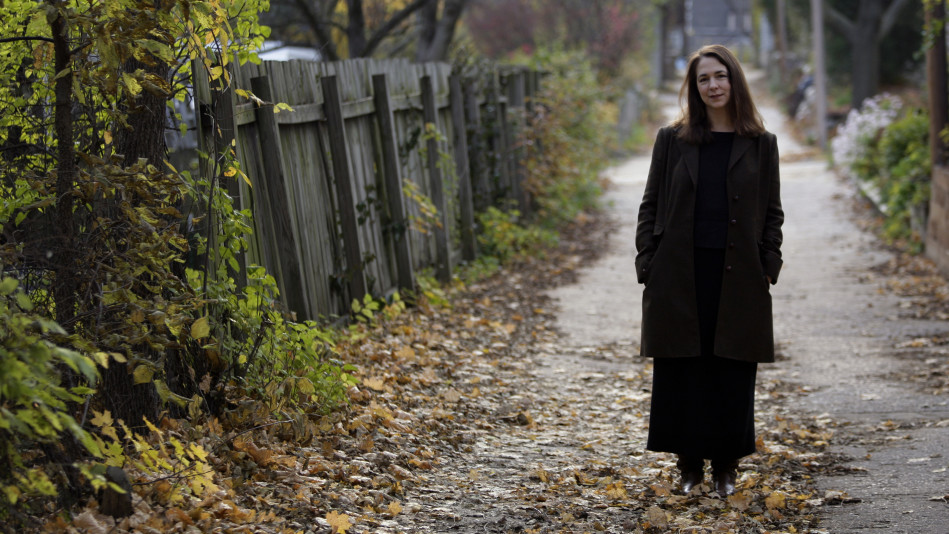Legendary Writer Lorrie Moore on the "Constant Struggle" of Being an Author
The maestro of short fiction reflects on her miraculous way with words.

Photo: Chicago Tribune/Getty Images
It's impossible to imagine the contemporary landscape of the short story without Lorrie Moore as a central architect. Now 63, she's been writing quietly subversive, slyly witty, brilliantly crafted fiction for more than 30 years.
The wry self-awareness of her work was there from the beginning; her idiosyncratic sensibility elevated the form. Moore has authored three novels and a volume of essays, but it is her four story collections for which she's best known. About the genre she's said, "A short story is a love affair; a novel is a marriage." Now comes Collected Stories, which gathers Moore's seminal short works—what novelist Lauren Groff describes in the introduction as "a series of small explosions... so modern... they thrummed with the urgency of my own young person's anxieties and obsessions."
O's books editor, Leigh Haber, spoke with Moore about the remarkable new publication and how it feels to take a backward glance.
Is there a book that's your first love?
The Wizard of Oz, illustrated by Libico Maraja. I recall being entirely spellbound by it.
Your first big break as a writer was winning Seventeen's fiction contest in 1976. What impact did that have?
I think of it less as a big break than as a potentially misleading encouragement. Not that I wasn’t grateful. I received $500, which I spent on college books and a new stereo. But afterward I continued writing pretty anonymously and fighting off many disappointments. I worked as a paralegal in Manhattan and briefly considered law school. It was never clear to me that I would succeed in my chosen profession.
Years went by and you started getting published in The New Yorker, and came to be seen as a wunderkind.
I was never that. My 20s were hard and full of rupture. I sold my first book, Self-Help, to Knopf in 1983, and it was released two years later. It didn't sell well. I didn't start publishing in the New Yorker until age 32. I was poor, had several bank loans to pay off, and was living a thousand miles from the people I cared about. For years I cried at the beginning and end of each day.
We often see writers as having a preternatural ability to get up very early every morning and the words magically pour out. What's your reality?
My "routine" is very much in quotation marks and a constant struggle. Looking out for your kid and paying the bills is perhaps never-ending. Writers are not immune from ordinary existence—most of us need day jobs.
Read the original story here: Legendary Writer Lorrie Moore on the "Constant Struggle" of Being an Author



